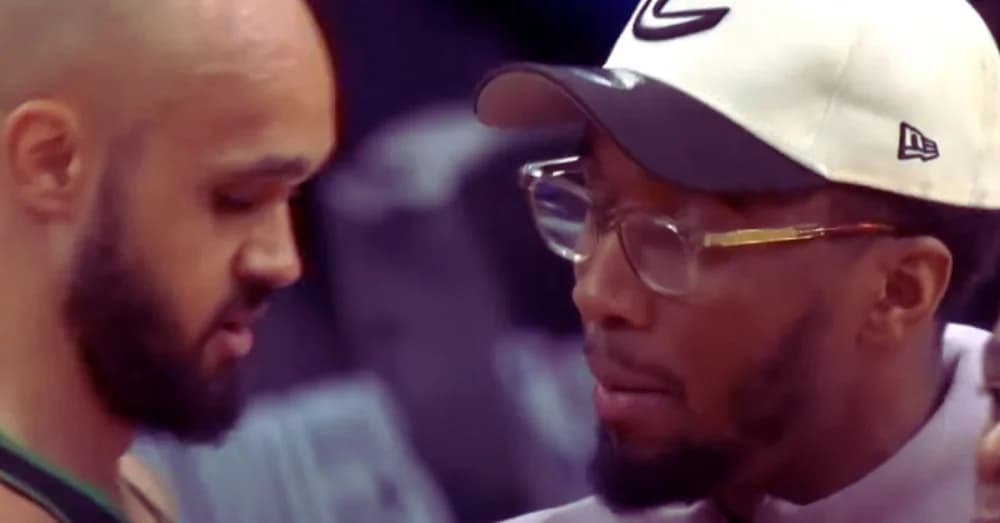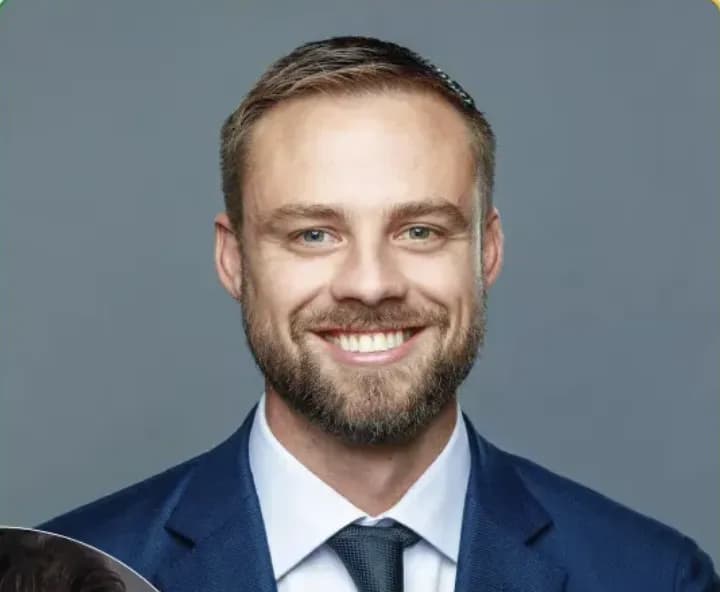Donovan Mitchell Cavaliers Tenure and the Lessons for Cleveland

The Cleveland Cavaliers’ strategic loss to the Charlotte Hornets in their regular-season finale highlighted a broader issue within the organization: a hesitance to fully commit to championship aspirations. This cautious approach contrasts sharply with the aggressive manoeuvre they made two years ago to acquire Donovan Mitchell, a move that signalled their intent to compete at the highest level. However, the way Cleveland handled the end of the season and their subsequent playoff run suggests a more conservative mindset, one that might ultimately cost them their star player.
The Calculated Loss
Cleveland’s decision to rest key players against the Hornets, thereby ensuring the No. 4 seed, was a calculated move to avoid tougher first-round matchups. By losing, the Cavaliers aimed to face the Indiana Pacers or Orlando Magic instead of potentially stronger opponents like the Miami Heat or Philadelphia 76ers. This strategic loss backfired, leading to a five-game exit in the second round against the formidable Boston Celtics. The approach indicated a short-term focus on winning a single playoff series rather than pursuing a deep playoff run, undermining their broader championship potential.
The Trade for Donovan Mitchell
When Cleveland traded for Donovan Mitchell, they gave up significant assets, including long-term draft capital, to acquire a 25-year-old star who seemed to prefer larger markets like New York. The move was bold and unusual for a market like Cleveland, reflecting a desire to build a championship contender around their young core. Mitchell’s arrival was expected to elevate the Cavaliers into the upper echelons of the NBA. Yet, despite Mitchell’s brilliance, the team has struggled to translate that into postseason success.
The Risk of Losing Mitchell
As Mitchell enters the final year of his contract, the Cavaliers face a pressing dilemma. If he declines a contract extension this offseason, Cleveland must consider trading him to avoid the risk of losing him for nothing in free agency. The spectre of Mitchell leaving for a team like the Brooklyn Nets, who will have max cap space in 2025, looms large. This potential scenario mirrors Cleveland’s past heartbreaks with LeBron James, deciding to either secure Mitchell’s future or trade him for a critical one.
Learning from the Past
The Mitchell acquisition, while not yielding the desired championship results, was a step in the right direction. The Cavaliers demonstrated a willingness to take risks and aim high. However, their reluctance to fully commit during the regular season finale and subsequent playoffs suggests they need to embrace a more consistent, aggressive approach to roster-building.
The Path Forward
Cleveland’s core remains promising. Darius Garland has proven to be an All-Star calibre player, Jarrett Allen is a defensive anchor, and Evan Mobley is a burgeoning talent with Defensive Player of the Year potential. The challenge lies in optimizing these pieces. The Cavaliers may need to consider splitting the Mobley-Allen duo due to their overlapping skill sets and lack of perimeter shooting. Empowering Garland as the primary ball-handler and acquiring complementary wings could unlock the team’s full potential.
Conclusion
The Cavaliers’ tenure with Donovan Mitchell has been a mixed bag of bold moves and cautious strategies. To avoid repeating past mistakes, Cleveland must adopt a more assertive approach in building their roster. By leveraging the lessons learned from the Mitchell trade and fully committing to their young core, the Cavaliers can create a team capable of competing at the highest level. This aggressive mindset is essential for proving to stars like Mitchell that Cleveland can be a viable contender for years to come.





